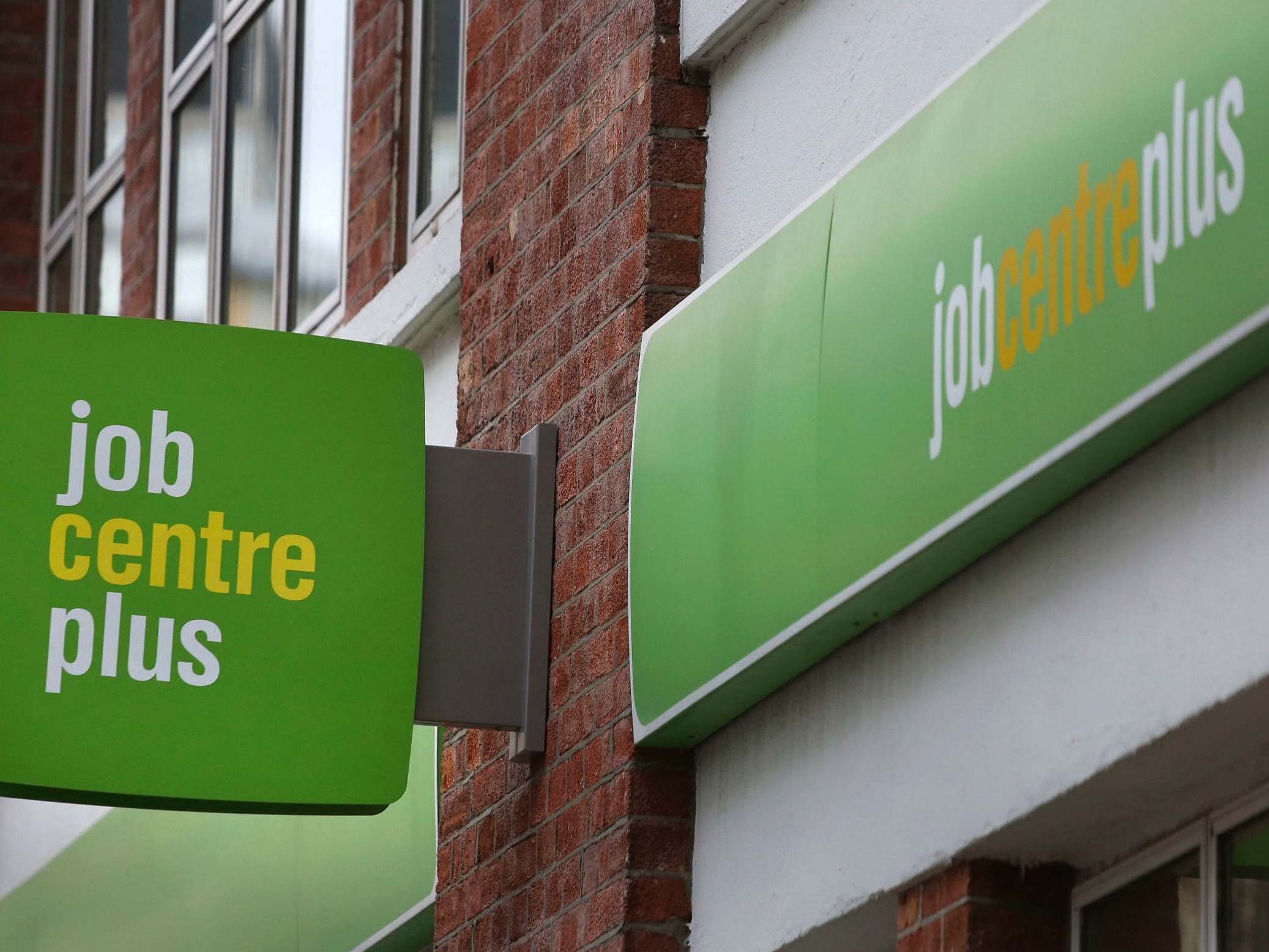As unemployment figures soar, which industries are still hiring?
Number of people claiming unemployment benefits rises by more than 800,000

The latest Office for National Statistics (ONS) figures show a stark picture when it comes to unemployment during the coronavirus pandemic: the number of people claiming unemployment benefits leapt up to 2.1 million in April.
This represents a rise of just over 40 per cent, or 856,500, in total.
UK unemployment also rose by 50,000 to 1.35 million in the three months prior to March.
This number is likely to have increased sharply since lockdown began, even accounting for the government’s job retention scheme, which means those furloughed are still technically employed.
“We can reasonably expect unemployment to rise very quickly to something over 10 per cent – something we haven’t seen since the early 1990s,” Jagjit Chadha, director of the National Institute of Economic and Social Research, told the BBC.
Young people are some of the worst affected, according to research by the Resolution Foundation, which indicated that one in three 18 to 24-year-olds is earning less than before the pandemic.
From February to April, the number of available jobs being advertised also tumbled by 170,000 – a record quarterly fall.
“The 24.8 per cent year-over-year drop in three-month average measure of job vacancies in April – the steepest since October 2009 – suggests that very few unemployed people will be able to find a job quickly,” says Samuel Tombs, chief UK economist at Pantheon Macroeconomics.
Which industries are worst affected?
Some of the industries worst affected include hospitality and sales, according to data from CV-Library released at the end of April.
Jobs in catering were down 53 per cent from January to March 2020, a figure that’s likely to have soared further since restaurants and pubs closed across the UK.
Sales jobs fell by 24 per cent, jobs in the automotive industry were down 23 per cent and administration jobs decreased by 16.7 per cent.
Which industries are still hiring?
Some sectors have actually seen a rise in job vacancies since the coronavirus outbreak began.
Jobs in the public sector were up 107 per cent, according to CV-Library; jobs in agriculture doubled after restrictions made it difficult for seasonal workers to travel to the UK from abroad; and social care jobs rose by 20 per cent in the first quarter of 2020.
Unsurprisingly, NHS vacancies have risen. As well as medical specialists, the NHS website also has several hundred vacancies for driving jobs across the country, although not all listed jobs are paid.
Morrisons hired 3,500 new staff in March, according to Metro, while Aldi aimed to hire around 9,000 new staff and Tesco had opportunities for 20,000 new workers. Job site Indeed currently has just shy of 2,000 supermarket jobs listed.
Driving jobs have been on the up too, from couriers for Amazon and Hermes to food delivery drivers for Uber Eats and Deliveroo.
Care homes have been stretched since the Covid-19 crisis began and are short on staff; job site carehome.co.uk is currently listing more than 6,200 vacancies in the care home sector. Care provider Home Instead Senior Care told the BBC last month it was taking on an 3,000 employees to cope with the pandemic.
Lloyds Pharmacy also has hundreds of jobs listed, from dispensers and pharmacists to delivery drivers and warehouse staff, to work across its 1,400 UK branches.
Toby Anderson, chief executive of Lloyds Pharmacy, said: “We know this is a difficult time, with many people struggling with job losses or redundancies, so we hope that this opportunity will provide some hope for those who need it most, as well as helping us to continue providing a first-class healthcare service.”
Join our commenting forum
Join thought-provoking conversations, follow other Independent readers and see their replies
0Comments